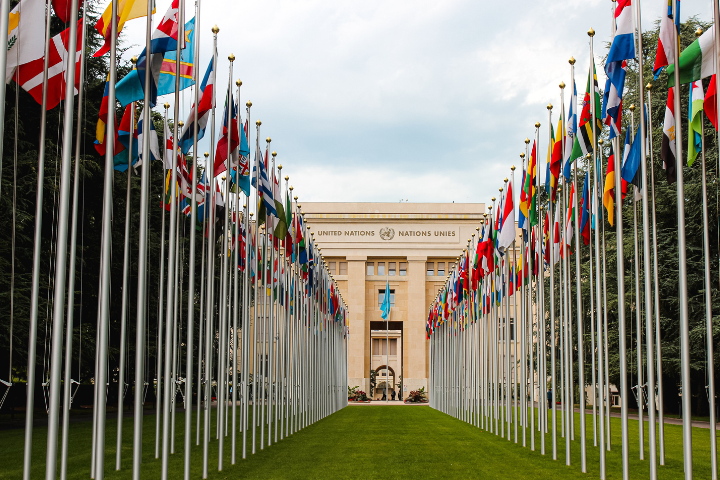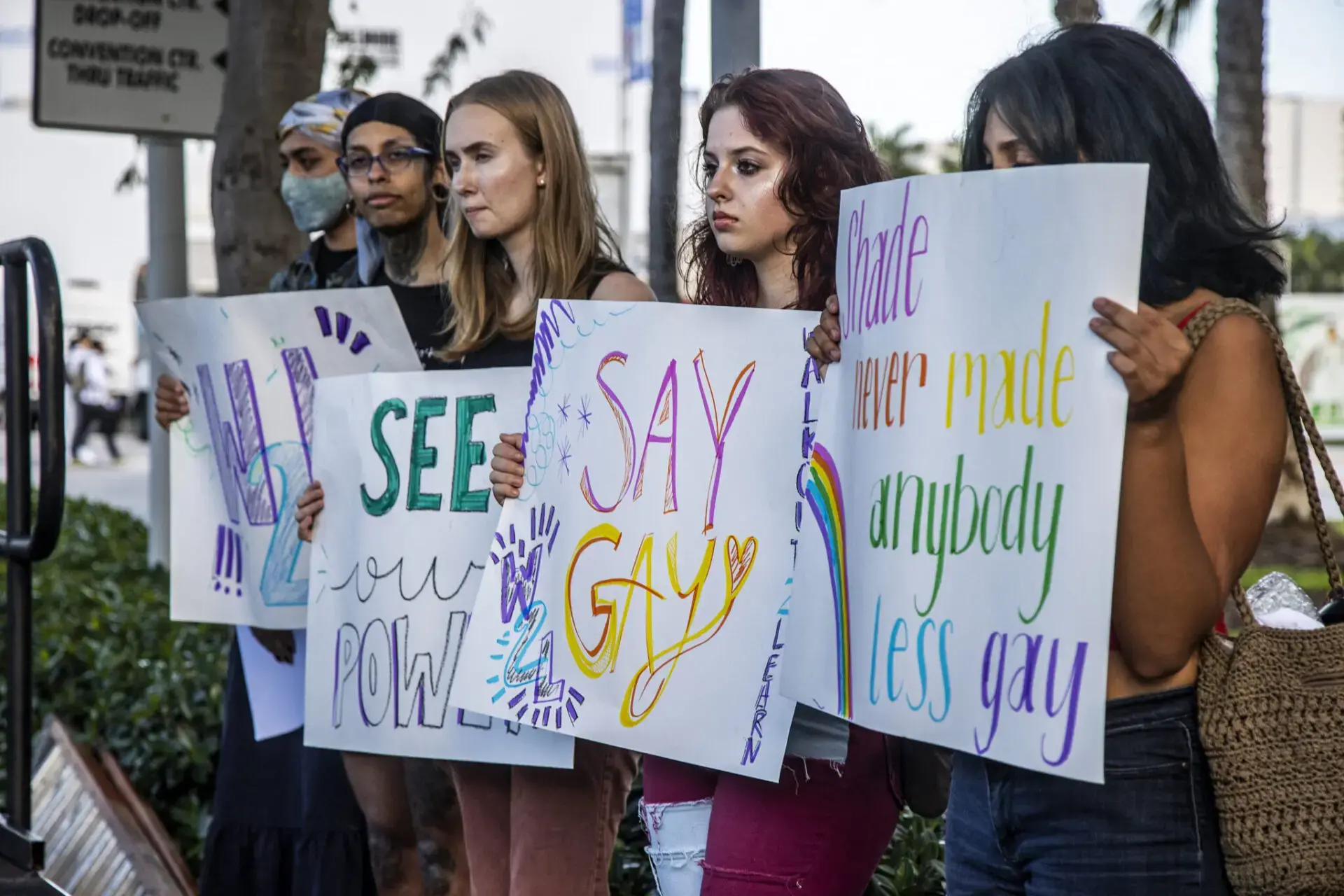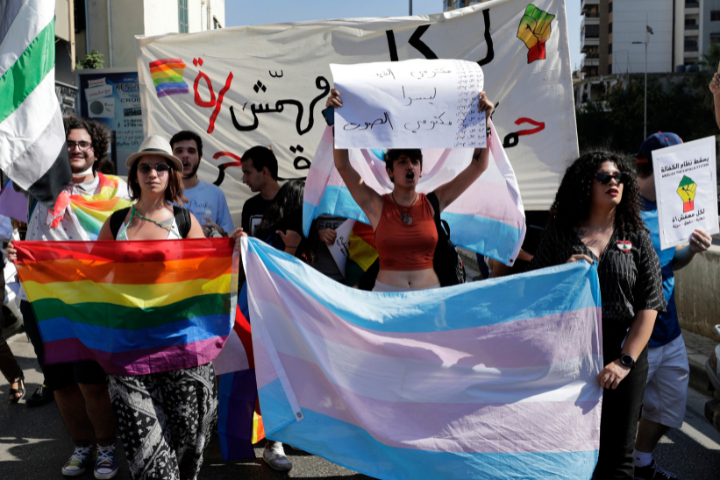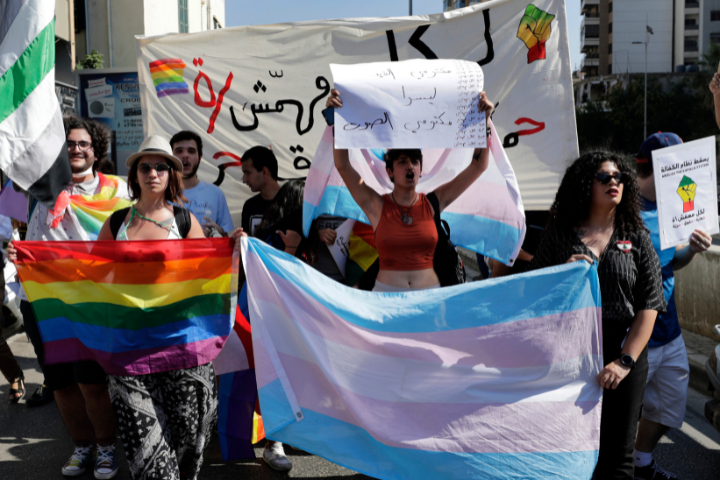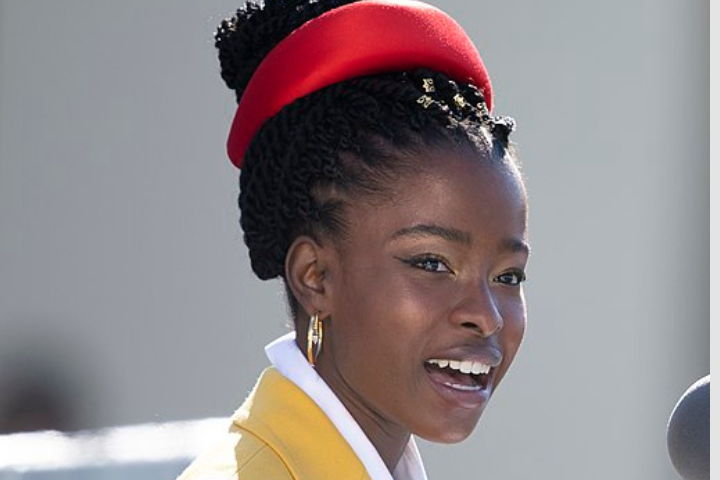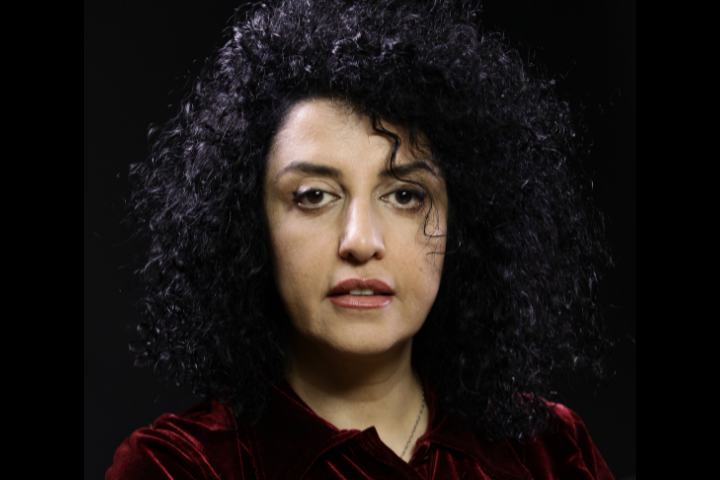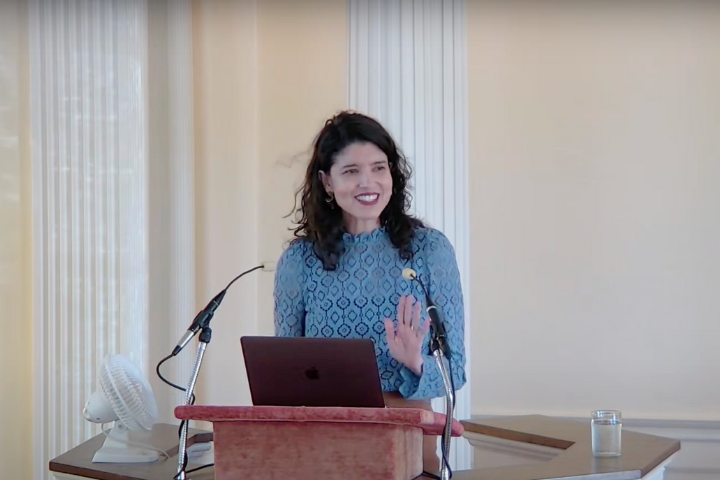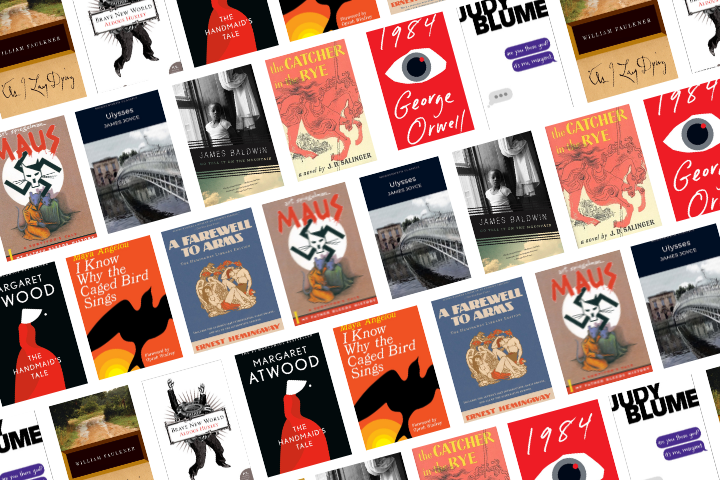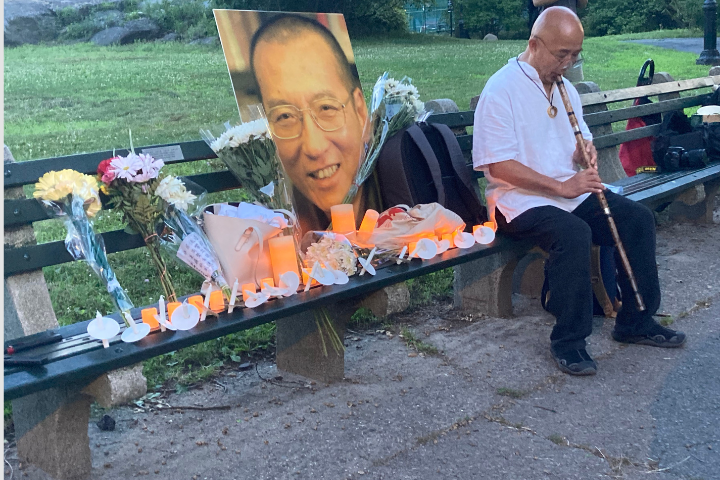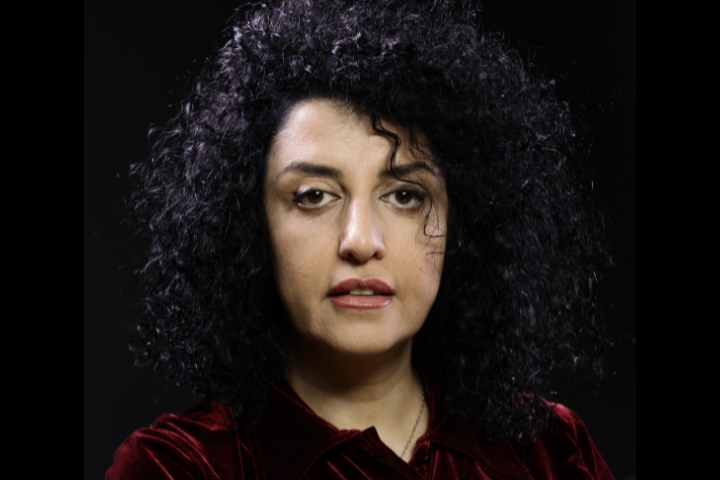
From a prison on the outskirts of Tehran, Narges Mohammadi interviewed fellow prisoners about the abusive treatment and inhumane conditions they have endured and shared letters to the outside world on what she was told. “They will put me in jail again,” she wrote in her book, White Torture. “But I will not stop campaigning until human rights and justice prevail in my country.”
Mohammadi, the 2023 PEN/Barbey Freedom to write honoree, has now been honored with the Nobel Peace Prize. PEN America CEO Suzanne Nossel called the honor “a tribute to her courage and that of countless women and girls who have poured out into the streets of Iran and faced down one of the world’s most brutal and stubborn regimes, risking their lives to demand their rights.”
Currently jailed in Evin Prison, Mohammadi, a writer and human rights defender, has been subjected to prolonged solitary confinement and intense psychological torture. She has been denied access to medications, resulting in the worsening of already serious health conditions.
In and out of prison over the last decade, Mohammadi, was imprisoned this time on false charges of “spreading propaganda.” In the wake of the recent wave of protests in Iran, she has continued reporting from behind bars, detailing shocking abuse to other women in Evin Prison. Through her writing and reporting, her views have reached the world.
Iran is one of the most inhospitable places in the world for free expression. It ranks second on the PEN America Freedom to Write Index’s list of Top 10 countries that jail writers, with 57 writers who spent time behind bars in 2022. It is also the world’s top jailer of women writers. PEN America has called for Mohammadi’s immediate and unconditional release.
Mohammadi has been a target of Iranian authorities for more than 30 years—since she was an undergraduate at Imam Khomeini International University writing articles about women’s rights for her student paper. She was arrested twice at meetings of a political student group.
She went on to write for Payaam-e Haajar, a magazine dedicated to women’s issues, and later worked as a journalist for several reformist papers, publishing a book of political essays. After her husband Taghi Rahmani, a fellow pro-reform journalist, was imprisoned, Mohammadi joined Nobel laureate Shirin Ebadi’s Defenders of Human Rights Center in 2003 and became active in defending the rights of women, political prisoners, and ethnic minorities in Iran. Mohammadi and Rahmani were both detained and released on various occasions in the following years, a period in which she also gave birth to their twins Ali and Kiana.
She has written powerfully about the inhumanity of solitary confinement, and about the pain of being separated from her twin children. Her words in her letters, interviews, social media posts, and book have become acts of subversion that keep her connected with the outside world.
On her Instagram, Mohammadi detailed the abuses inside the women’s prison in Evin: sexual assault, solitary cells, lengthy detentions. Her letters outline constant harassment—forcing her to place her prayer mat on wet floors, turning off the lights— and also call on the international community to ensure accountability for the human rights abuses that are occurring in these prisons. Perhaps most powerful of all, the interviews with other imprisoned women from White Torture illuminate both the heroism and costs of their struggle. In collecting the testimonies of women imprisoned in Iran, including her own, she demonstrates the power of writing and speaking out.
Mohammadi’s candor and courage make her a threat to the Iranian regime; she wouldn’t have been targeted otherwise. Iran systematically singles out writers, musicians, artists, actors, and organizers whose voices call for change. The targeting of these writers and artists by the regime underscores the power of their words. Mohammadi knows this. As a witness to decades of atrocities, she has used her writing as a mirror and model for a new generation to understand that their words are one of humanity’s greatest tools. And as she has said: she “will not stop.”
2023 PEN/Barbey Freedom to Write Award Honoree: Narges Mohammadi

